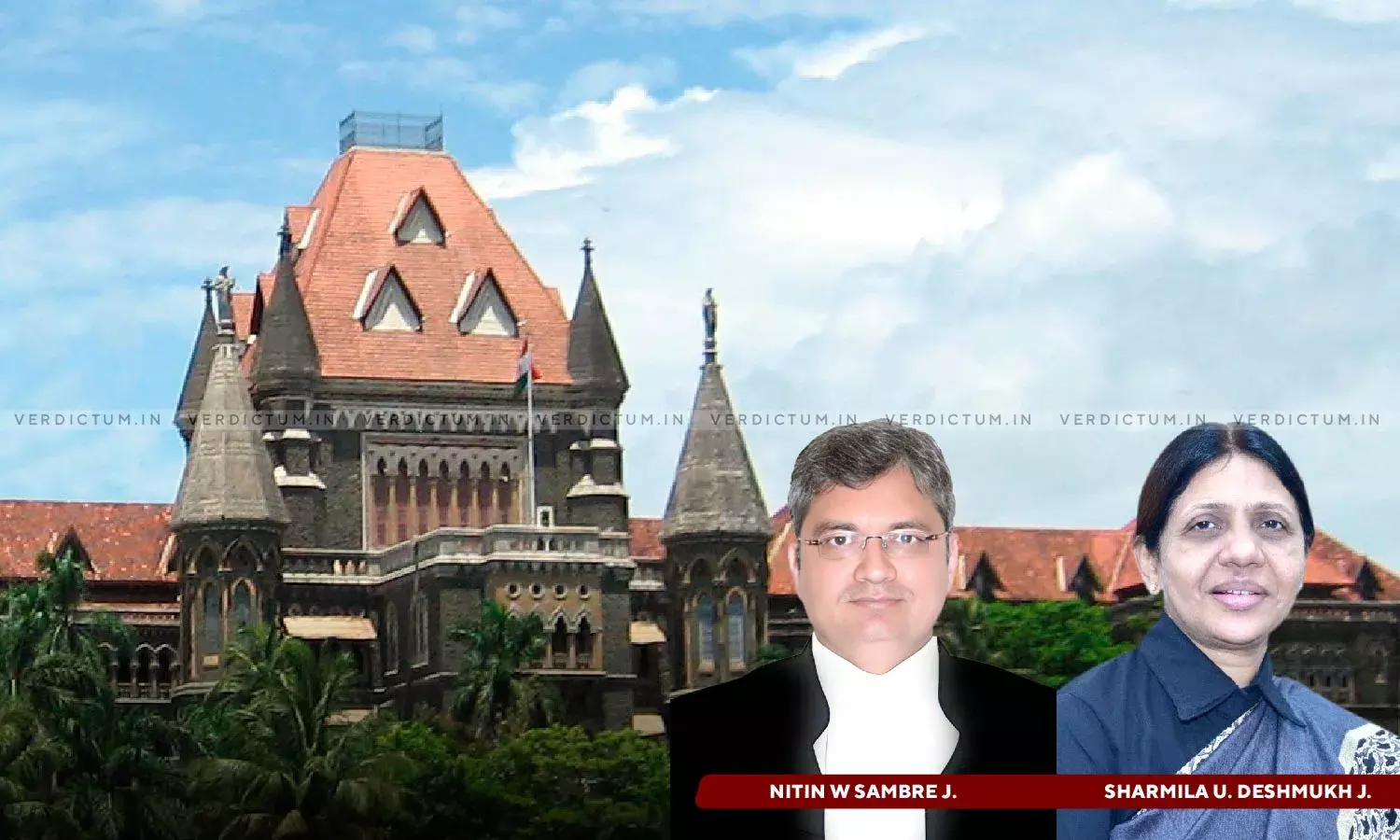In Modern Society Burden Of Household Responsibilities Has To Be Borne By Husband & Wife Equally: Bombay HC In Divorce Case

The Bombay High Court emphasized that in contemporary society, both partners should share the burden of household responsibilities equally.
The Court dismissed an Appeal filed by the Appellant/Husband, challenging the dismissal of the divorce petition by the Family Court. The Court observed that expecting the wife to handle all household tasks is regressive, especially when both spouses are employed. The Court asserted that such beliefs that women should take on all household duties must be replaced with a more positive outlook.
“On perusal of the admissions which has come on record, the admitted position is that both the appellant and the respondent were employed and as such, expecting the respondent to do all the household work reflects a regressive mindset. In modern society the burden of the household responsibilities have to be borne by both husband and wife equally. The primitive mindset expecting the woman of the house to solely shoulder the household responsibilities needs to undergo a positive change”, the Bench comprising Justice Nitin W. Sambre and Justice Sharmila U. Deshmukh observed.
Advocate A.P Singh appeared for the Appellant, and Advocate Amey D. Deshpande appeared for the Respondents.
The Appellant approached the Court by way of an Appeal challenging the judgment and decree passed by the Family Court, whereby the Court dismissed the Appellant’s Petition seeking dissolution of marriage under the provisions of Section 13(1)(i-a) of the Hindu Marriage Act, 1955 (HMA).
The Court noted that the issue to ascertain was “whether the Petition filed under the provisions of Hindu Marriage Act, 1955 when the same ought to have been filed under the provisions of Special Marriage Act, 1954 can be a ground for non- suiting the Appellant”.
The Court placed reliance on the case of N. Mani v. Sangeetha Theatre and Ors. [(2004) 12 SCC 278] and reiterated that the Family Court has the authority to consider a divorce petition based on both the HMA and the Special Marriage Act (SMA). The Court emphasized that “Cruelty” is a valid reason for dissolving a marriage by a divorce decree under both acts.
The Court observed that the parties had initially been married according to Hindu customs under HMA and subsequently registered under the provisions of the SMA. If a marriage is carried out according to Hindu customs and then properly registered under Chapter III of the SMA, ongoing matrimonial proceedings should be governed by Section 27 of the SMA rather than Section 13 of the HMA. However, labelling a petition under Section 27 of the SMA as one “under Section 13 of the HMA” will not affect the Petition's admissibility, merit, or the Court’s jurisdiction to grant divorce.
Additionally, the Court observed that for an action to be considered cruelty, the other party's behaviour must be such that it renders it impossible for the affected party to continue living with them without experiencing mental distress. The Court emphasized that cruelty is not defined by individual instances but rather by a series of actions that occur over time. The Court noted that the marriage occurred in 2010, and the couple lived together for two and a half years. During this time, the Court asserted that the Appellant identified three instances of alleged cruelty and the Respondent's general behaviour as grounds for the claim of cruelty.
“It is settled that to constitute cruelty the conduct of the other party should be such a nature which will satisfy the Court that it has become impossible for the wronged party to live with the other party without mental agony. Cruelty generally does not consist of isolated acts but series of acts spread over period of time. In the instant case the marriage was performed in the year 2010 and matrimonial co-habitation lasted for about two and half years. In this span of two and half years, three incidents of alleged cruelty, apart from general conduct of the Respondent has been set forth as constituting ground of cruelty”, the Bench noted.
The Court asserted that it is common for heated arguments between spouses to involve the use of cruel words without actually meaning them. The Court held that such was a singular incident where the Respondent expressed ill feelings.
Additionally, the Court noted that the Respondent had been living with the petitioner for two and a half years. In the case, the Court affirmed that staying in touch with one's parents cannot be considered as causing mental distress to the other party. The Court observed that imposing restrictions on the Respondent/Wife to limit her contact with her parents has caused mental cruelty to her, in addition to the established physical cruelty.
Accordingly, the Court dismissed the Appeal.
Cause Title: Abhishek R. Mahajan v Deepika Abhishek Mahajan

